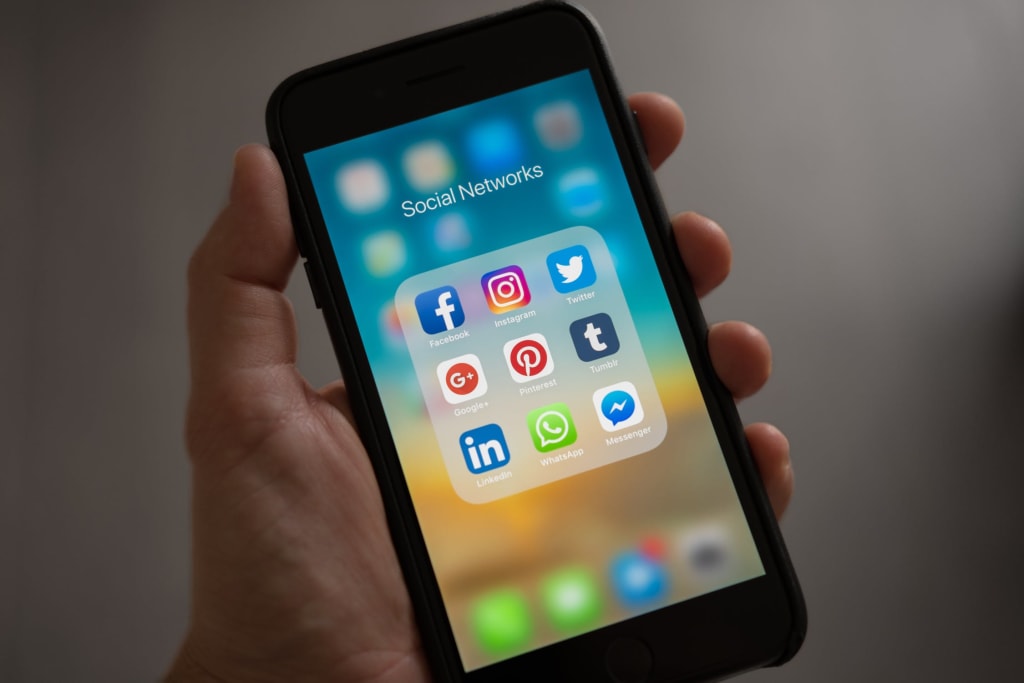
The past few years have seen various security breaches across different social media platforms. And if the users weren’t worried about their privacy before, they sure are now.
Refraining from ever using any of these platforms is basically impossible today. Besides, deleting the accounts doesn’t guarantee that the user's information is secure. Thus, it’s important to know what kind of threats social media usage poses.
Being aware of the risks is the first step toward ensuring privacy. Learning how to stay safe by using strong passwords, relying on VPNs, knowing what information to share, etc. will help everyone to keep their private information secure.
The Threats Social Media Poses
The number one threat of social media usage is, of course, privacy. Last year, social platforms accounted for over 56 percent of compromised information globally. While this trend might be the most worrisome to the corporations using social media as a marketing tool, this affects average users as well.
Hackers can take advantage of the users’ personal information that’s made public and use it to access their email accounts. From these email accounts, they can further steal bank account/credit card information, use the email address for sending spam, phishing, spreading malware, etc.
Every bit of information shared online can be taken advantage of. And the worst part is that even if the users delete their accounts, it doesn’t mean that all the information is deleted as well since anyone could’ve compiled the personal information prior to this.
How to Remain Anonymous and Secure on Social Media
There are many things that users can do to stay safe online, and most of these things include changing their online behavior.
The reason why social media platforms are so vulnerable is that users tend to overshare their information, recycle old passwords, and behave as if their information is guaranteed to always stay secure.
Since this is not the case, let’s see what can be done to ensure the security of personal information.
Use strong passwords.
A strong password is almost always the first line of defense against hackers. Typically, a hacker would gain access to a user’s account by guessing some of the most popular passwords. This is why users are urged to create unique passwords and change them often.
It’s also a good idea to use two-factor identification. This can be accomplished on most social media platforms. Users will be notified if there’s any unusual activity in their accounts or if anyone’s logged into them without permission.
Avoid oversharing.
Oversharing refers to a few different things. Primarily, when it comes to social media profiles, people tend to be very specific, and a lot of information that should be kept private is made public. This includes their birthdays, hometowns, phone numbers, and the like.
While all users can update this information rather easily, this is best avoided. With the rise of identity thefts across the US, keeping this information vague or completely hidden is the best option.
Users sharing information about their vacations, for example, and tagging their current location can increase the risk of their home being burglarized since everyone would be aware that the user's not currently at home.
Pay attention to the security settings.
Every social media site allows users to limit the audience of their posts. While the possibility of going viral might be alluring, limiting who can see the posts can help keep everyone’s information secure.
It doesn’t stop here, however. Many games and quizzes that are popular across social media platforms can create vulnerabilities in security settings. Most of them assure they wouldn’t be posting to a user’s feed without permission, but they still gather a lot of valuable information that can be used for spamming, phishing, or other forms of cyber attacks.
Use a VPN.
Even when all the mentioned steps are taken, this still doesn’t guarantee complete security on social media platforms. Most of us rely on free public WiFi to access our accounts, but there are many risks that come with that.
Relying on a VPN is the best option to stay anonymous and secure. VPNs provide a completely encrypted connection to any network and prevent anyone else from accessing it (you can download it here).
All internet traffic is routed through remote servers, thus ensuring complete anonymity, keeping the user’s identity safe.
Keeping sensitive information secure on social media platforms can save everyone a lot of trouble. Using a VPN, paying attention to the security settings, avoiding oversharing, and using strong passwords are the best steps to take to ensure that private information isn’t stolen.






Comments
There are no comments for this story
Be the first to respond and start the conversation.